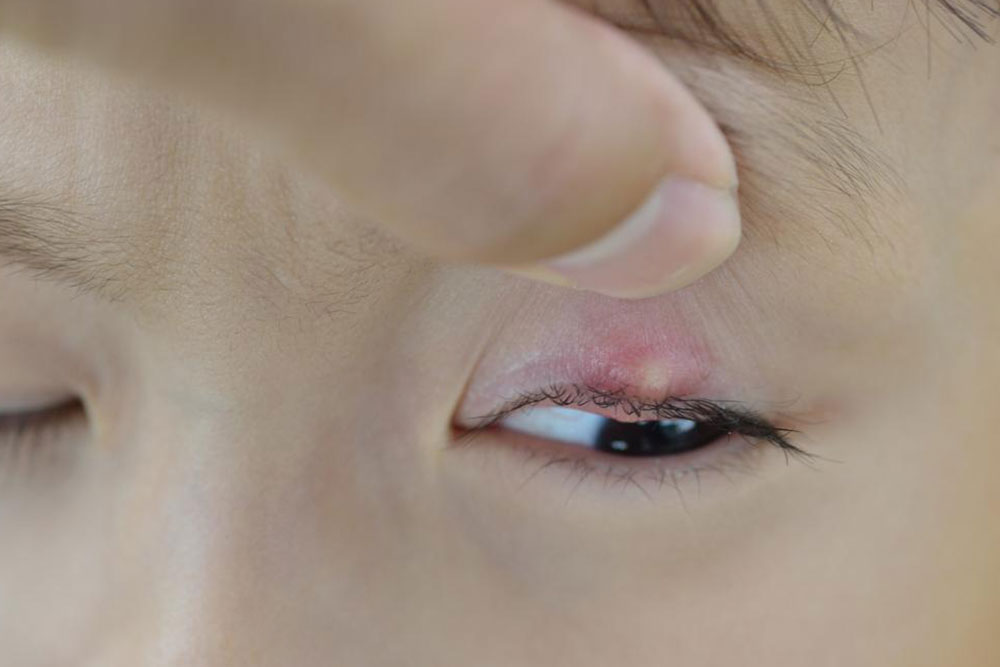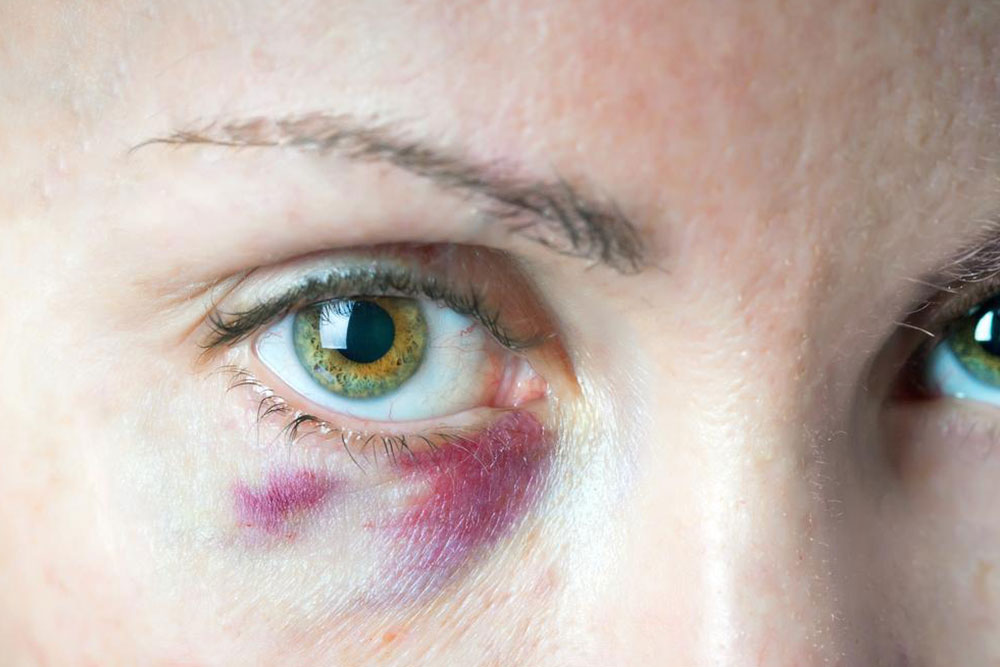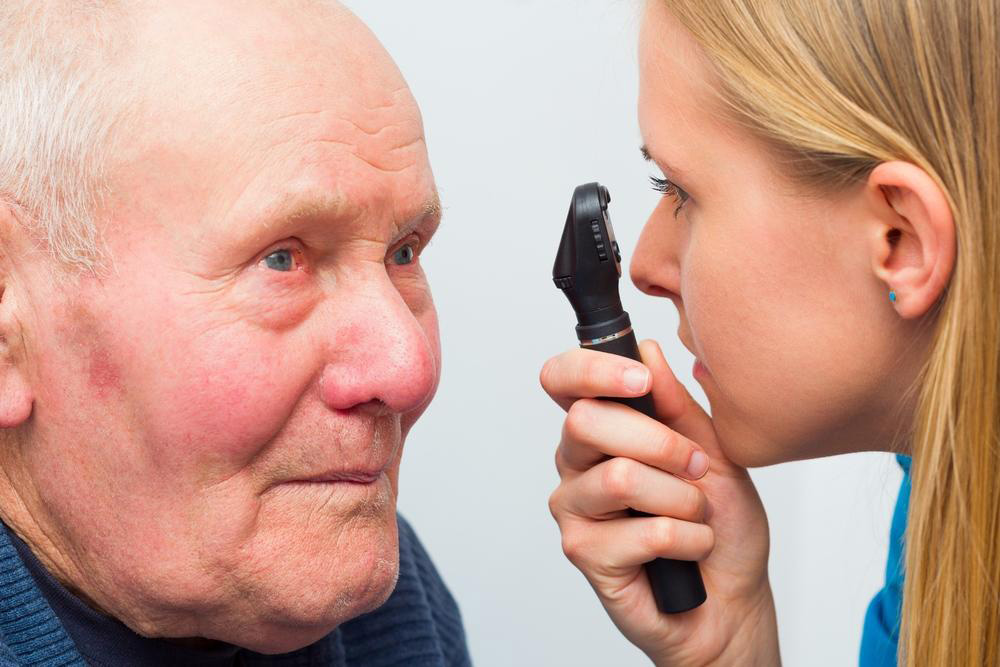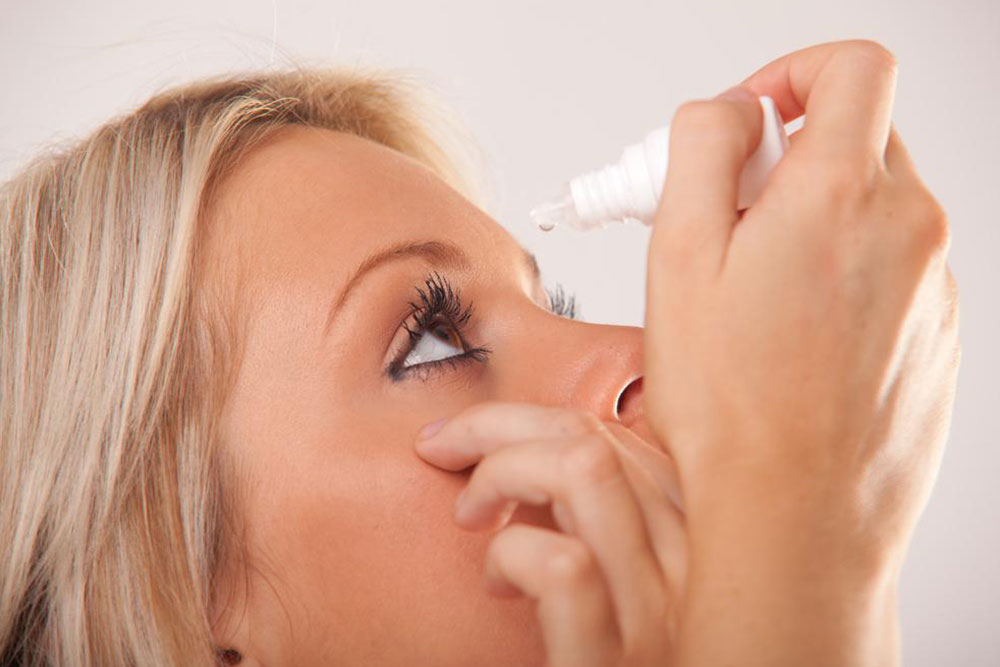Effective Home Solutions to Manage Blepharitis
Discover natural home remedies for blepharitis, including warm compresses, omega-3 rich foods, castor oil, and honey, to reduce inflammation and soothe your eyes. If symptoms persist, seek professional medical advice for effective treatment. Maintaining eye hygiene is essential for managing this common eyelid inflammation effectively.

Effective Home Solutions to Manage Blepharitis
Blepharitis is an eye condition characterized by inflammation leading to discomfort, burning, and itching in the eyelids. Common causes include allergies, infections, and insect bites. The main symptoms are eyelid swelling, crusting, and irritation, which can interfere with daily life. While the condition isn't severe, proper hygiene and remedies can alleviate symptoms and prevent complications.
Maintaining cleanliness and using natural treatments can significantly help in managing blepharitis. If symptoms persist or worsen, consulting an eye specialist is recommended for targeted therapy.
Here are some natural remedies and self-care tips to help you combat blepharitis effectively.
Warm compress — Applying a warm compress helps loosen debris around eyelashes and improves blood flow, speeding up healing.
Omega-3 rich foods — Consuming fatty fish like salmon and tuna reduces inflammation and supports healthy functioning of the eyelid glands, aiding in symptom relief.
Castor oil — Rich in ricinoleic acid, castor oil can soothe itching and discomfort. Gently apply a castor oil-soaked cotton swab to the eyelids after cleaning, and rinse thoroughly. Repeat daily for several days.
Honey — Due to its antibacterial and antifungal qualities, applying a thin layer of honey on the eyelids can reduce inflammation and fight bacteria. Avoid rubbing or scratching your eyes to prevent further irritation.
If symptoms worsen or persist, seeking medical advice from an eye care professional is crucial. Proper diagnosis will help identify the root cause and facilitate effective treatment.
Note:
Our blog provides practical, research-based information across various topics. However, it should not replace professional medical advice. We do not assume responsibility for inaccuracies or differences across other sources. Always consult a healthcare professional for persistent or severe conditions.










